Investors and innovators showcase a wide range of emerging technologies addressing issues ranging from farm management and financial services to bacteriophages and humane slaughter
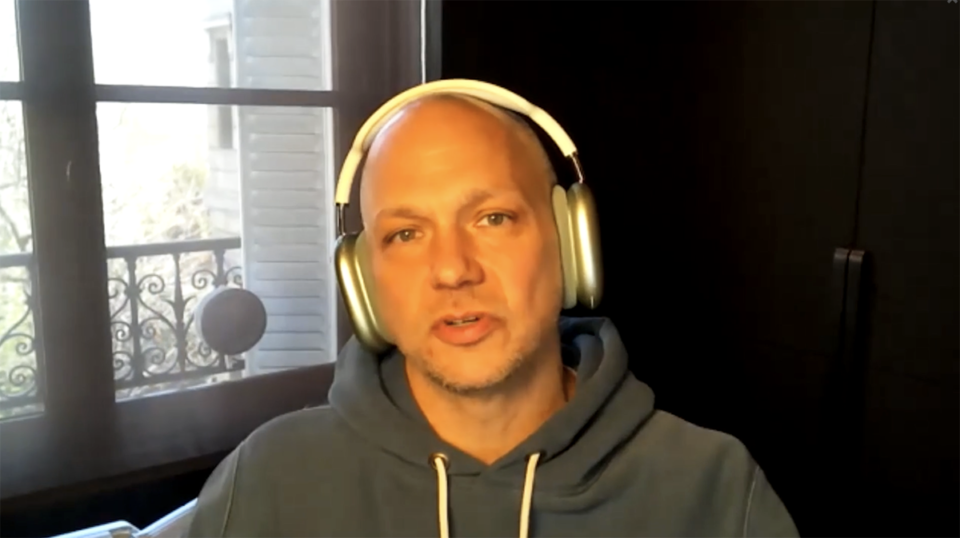
Is aquaculture primed for a technological takeover? Tony Fadell thinks so, but he told attendees of GOAL: The Responsible Seafood Conference that simply presenting new technology to aquaculture producers is not enough. New technologies must go hand in hand with financing and simpler pathways to the marketplace.
“There will be early adopters, laggards and people in the middle, but at the end of the day everyone cares about return on investment,” he said during the first session of GOAL (produced by the Global Aquaculture Alliance) on April 15. “For farmers it’s not so much about getting the technology, but about how they will get that return on investment with minimal impact to their finances. A startup therefore has to provide a full set of adoption techniques if it wants to grow the market quickly.”
(Editor’s note: GAA members can access GOAL content at www.seafoodevent.org.)
With 30 years’ experience in disruptive technology, Fadell said his company, Future Shape, likes to invest in “things that change the way people interact in the value chain and lead to greater confidence in a product, how it was farmed and grown and how traceable it is.” Fadell has a stake in aquaculture technology company XpertSea, based in Canada, among others.
Fadell, in a pre-recorded interview with Advocate Editor James Wright, spoke passionately about multiple generation aquaculture families whose children are strengthening the family business with fresh, new ideas they’ve seen elsewhere: “What’s refreshing is this full evolution and revolution, and we’ll see a lot of success from it, but also a lot of failures, which is okay – it’s creation as well as destruction. Now is the right time for this revolution to occur in aquaculture.”
https://www.aquaculturealliance.org/advocate/seaspiracy-film-assails-fishing-and-aquaculture-sectors-that-seem-ready-for-a-good-fight/
The session – titled “Tomorrow’s Aquaculture Will Be Shaped By Today’s Emerging Technologies” – kicked off with a discussion on emerging technology and how it will shape the aquaculture industry of tomorrow. In a roundtable discussion, Amy Novogratz, founder of the sustainable aquaculture fund Aqua-Spark, and Carsten Krome, managing partner and co-founder of the aquaculture incubator Hatch Blue, discussed the changes they have witnessed in emerging technology and its adoption in the industry across various geographies.
“We’re starting to see venture capitalists and tech investors showing up for aquaculture, technology companies proving themselves and farmers adopting more technology,” Novogratz said. “There are a lot of entrepreneurs wanting to do more in the aquaculture space.”
Krome noted that the technology companies Hatch Blue invested in five years ago have gained significant traction with their customers in the past 18 months. “To succeed in aquaculture technology you have to really know the customer who ends up using your technology as well as the specific markets you’re selling to,” he said.
Novogratz described the Aqua-Spark portfolio – which currently numbers 19 businesses – as an “ecosystem that we think of as a blueprint on how to scale aquaculture sustainably. Aquaculture needs big picture thinking and solutions need to be part of the big picture,” she said.
“We ask ourselves what problem a company is solving, how well it fits into the ecosystem and how open its founders are to a cooperative approach. What we need are teams that are open to collaboration, flexible, driven and determined to solve what’s necessary.”
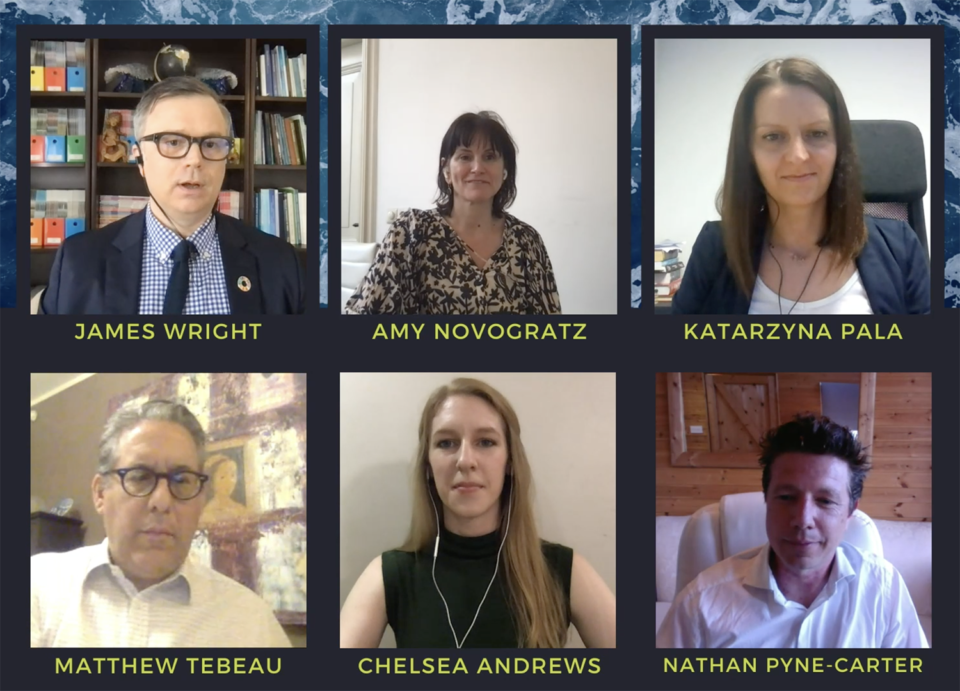
Show and tell
Eight aquaculture companies with emerging technologies took part in the session, with focused video pitches about their solutions and in group discussions.
Among them was Nathan Pyne-Carter from Ace Aquatec, who spoke about the company’s stun-and-bleed solutions to facilitate a more humane, ethical slaughter of fish, allowing for untouched harvesting and faster processing times.
Ace Aquatec has more than 45 projects in research and development, including acoustic deterrents to prevent predators from reducing fish stocks on farms, and to determine how seal movements around farms are causing fish weights to plummet.
“We are all collecting data,” he noted of his fellow presenters in the session, “and we can start to think about how our different systems can come together to provide additional insight and improve fish growth to achieve the food sources we need.”
XpertSea’s Chelsea Andrews spoke about the company’s digital platform that allows farmers to capture instant information about their shrimp harvest and communicate that information directly to their buyers, reducing transaction times and facilitating upfront payment to farmers. Data from the company’s first app, XperCount, demonstrated that farmers needed help not just optimizing their crop, but monetizing it too.
“We realized farmers didn’t have a trusted, reliable place to transact and ensure they received the payment that would allow them to start their next crop. By financing the transactions and making them more transparent, we could help the whole supply chain to have a better level of trust,” Andrews said, adding that XpertSea plans to use its financial data to finance crops pre-harvest in the future, and to connect international buyers directly to source producers.
Proteon Pharmaceuticals’ Matthew Tebeau spoke about the need to reduce antibiotic use in aquaculture by utilizing bacterial phages to naturally control bacteria in the environment and maintain a healthy microbiome.
“As long as you have antibiotics you’re going to have antimicrobial resistance, and the scale of the problem is unbelievable,” he said. “We know farmers will use our alternatives if they can and we now need regulatory and commercial partnerships in order to reach small farms, which is our goal.”
Tebeau said phages are natural, organic, non-toxic and economically efficient, and will improve productivity and reduce mortality rates.
Follow the Advocate on Twitter @GAA_Advocate
Now that you've reached the end of the article ...
… please consider supporting GSA’s mission to advance responsible seafood practices through education, advocacy and third-party assurances. The Advocate aims to document the evolution of responsible seafood practices and share the expansive knowledge of our vast network of contributors.
By becoming a Global Seafood Alliance member, you’re ensuring that all of the pre-competitive work we do through member benefits, resources and events can continue. Individual membership costs just $50 a year.
Not a GSA member? Join us.
Author
-
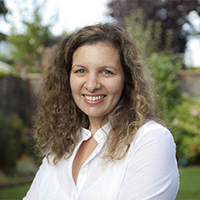
Lauren Kramer
Vancouver-based correspondent Lauren Kramer has written about the seafood industry for the past 15 years.
Tagged With
Related Posts
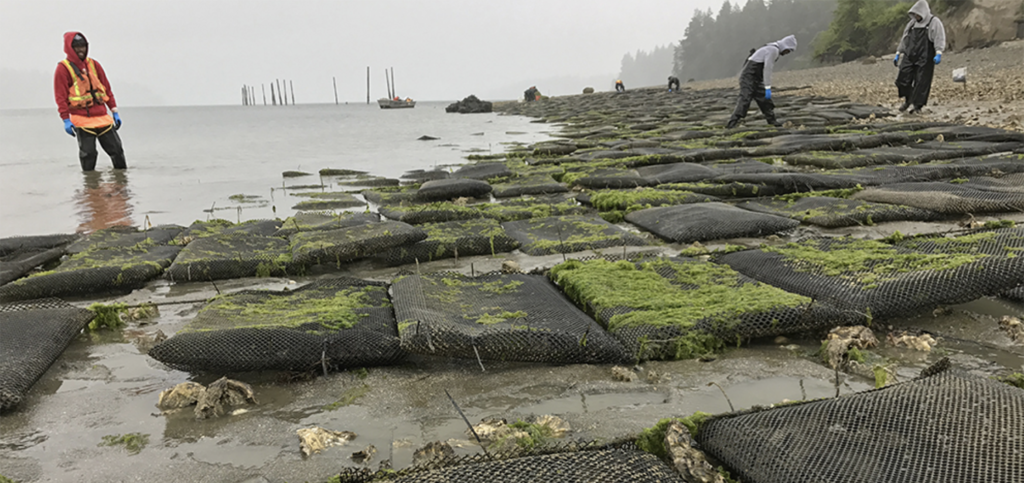
Intelligence
COVID-19 has the West Coast shellfish sector on hold
The impacts of the coronavirus (COVID-19) pandemic on the industry are vast. In the Pacific Northwest, some producers are faring better than others.
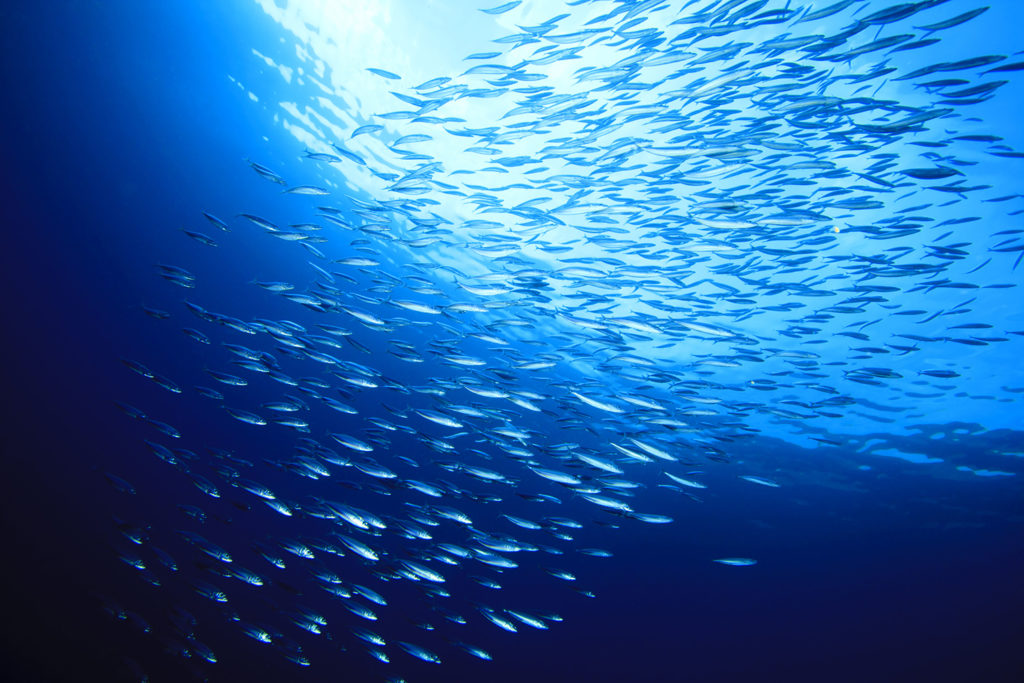
Intelligence
Seaspiracy film assails fishing and aquaculture sectors that seem ready for a good fight
Seaspiracy, a new Netflix documentary-style film, depicts the fishing and aquaculture in an ugly fashion but the industry response is swift.
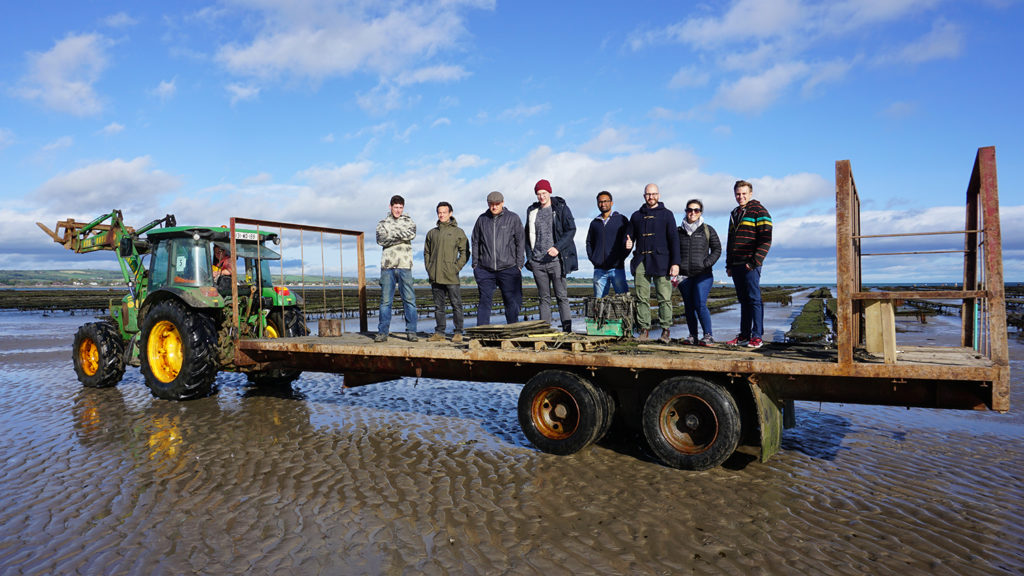
Innovation & Investment
Entrepreneurs need toughness, commitment to thrive in Hatch
For entrepreneurs in the Hatch accelerator program, the process of attracting investors to herald a new growth curve is an intense and immersive one.
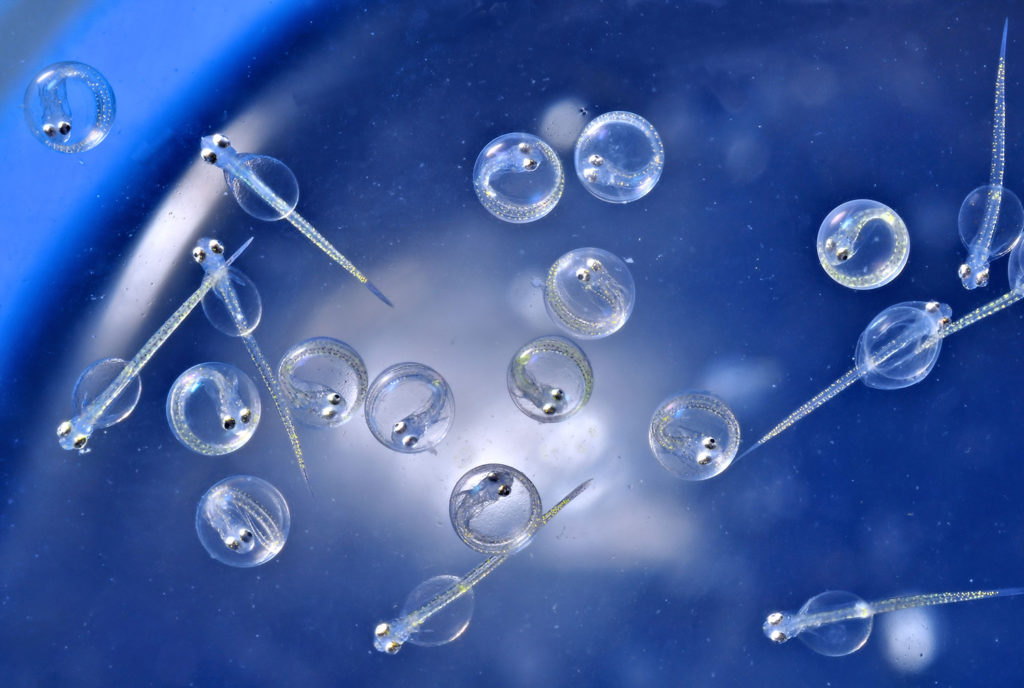
Innovation & Investment
Early-stage diet innovator secures Aqua-Spark investment
The Netherlands-based investment fund is backing a proprietary micro-encapsulation technology that aims to replace live-feed needs for early-stage fish and shrimp.

